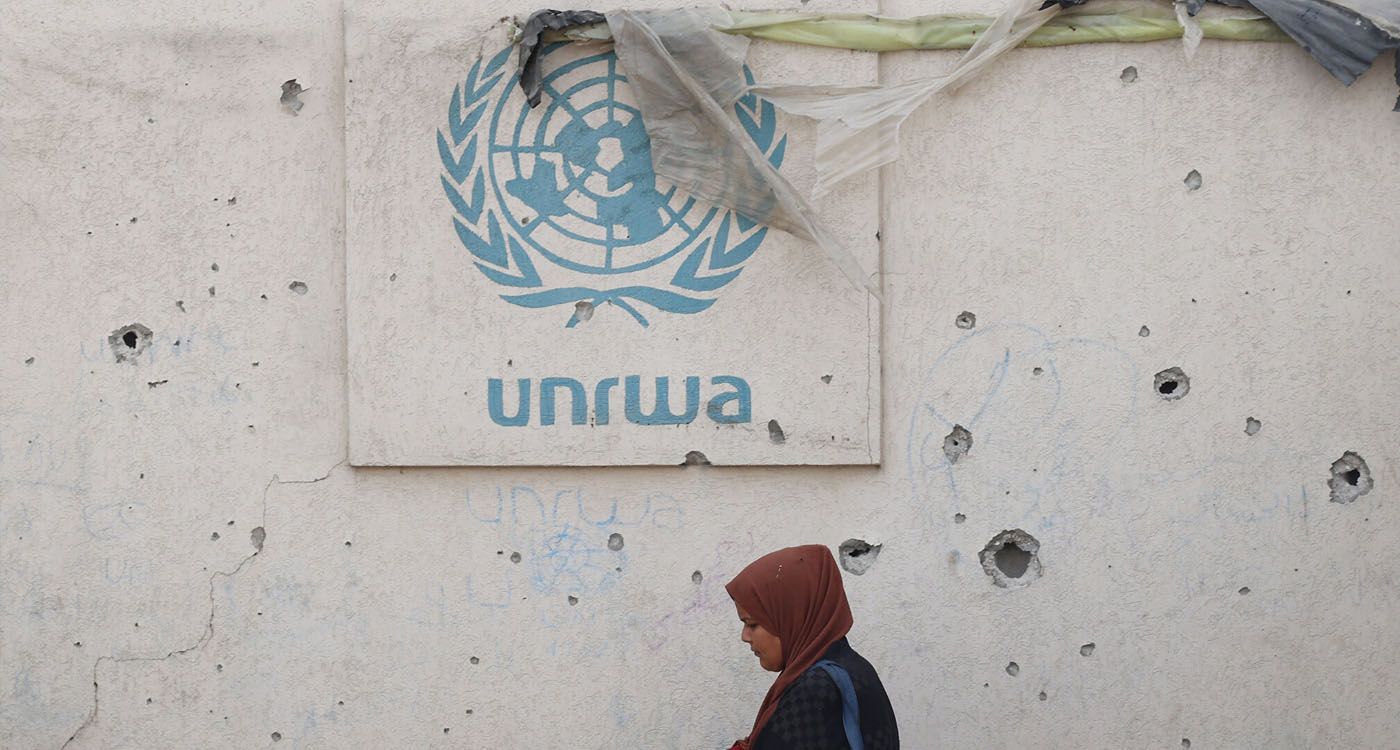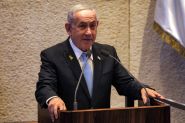- Home
- Middle East
- What Implications for Israel’s Termination of UNRWA Agreement?

©Eyad Baba / AFP
Israel has officially terminated its agreement with the United Nations Relief and Works Agency for Palestinian Refugees (UNRWA). On Monday, Tel Aviv formally informed the UN of this decision, which had been approved by an overwhelming parliamentary majority the week before.
Historically fraught with deep-rooted disagreements, Israel's relationship with UNRWA has significantly worsened since the Hamas-led attack on October 7, 2023.
Now, a year later, Israel has moved to sever all remaining ties with the agency. According to a UN report from September 13, 2024, over 220 UNRWA staff members have been killed, and more than 140 facilities, including schools, have been destroyed by Israeli strikes.
In an environment of escalating Middle Eastern tensions – intensified by the situation in Gaza and stalled peace efforts – this move carries substantial humanitarian and political consequences.
Why this decision?
UNRWA was established in 1949 as a temporary agency pending the implementation of UN General Assembly Resolution 194, which calls for the right of return for Palestinians as a sustainable solution to the conflict. Its primary mission is to assist and protect Palestinian refugees who fled or were expelled from their lands during the 1948 war.
Over the decades, UNRWA has played a crucial role in providing essential services such as education, healthcare and food assistance. While its mandate is renewed every three years by the UN General Assembly – Resolution 194 has yet to be implemented – the agency is often viewed by Israel as supporting a narrative that undermines the legitimacy of its state and reinforces the refugee status of Palestinians.
Currently, relations between the agency and Tel Aviv are at a historic low, marked by security concerns, political disagreements and significant points of contention. Israel rejects the notion that refugee status should be perpetuated indefinitely, arguing that this stance hinders peace and reconciliation efforts, advocating instead for policies that promote integration. In contrast, UNRWA defends the Palestinians’ right of return, a position perceived by Israel as an existential threat.
UNRWA defines a “Palestinian refugee” as any individual “whose usual place of residence was Palestine between June 1, 1946, and May 15, 1948, and who lost both their home and means of livelihood due to the 1948 conflict.” This definition also encompasses the descendants of the 1948 refugees.
The Israeli government has consistently raised concerns about UNRWA's management, questioning its effectiveness and transparency. Allegations of corruption within the agency have further intensified calls for a comprehensive review of its operations.
Additionally, Tel Aviv has regularly accused UNRWA of failing to prevent its aid from being misappropriated by militant groups, particularly Hamas. These concerns were heightened during the Gaza conflict, where some of the agency's facilities were suspected of being used for military purposes.
Such accusations, which preceded the October 7 offensive, significantly influenced the decision of UNRWA's primary donor, the United States, to suspend all funding in 2018 under former President Donald Trump. Although US contributions were restored after President Joe Biden took office in 2020, they were once again halted in January 2024, following Israeli claims that UNRWA employees had actively participated in the Hamas offensive against Israel on October 7, 2023.
Consequences of the agreement cancellation
The cancellation of the agreement is likely to exacerbate the humanitarian crisis facing Palestinians. Without Israeli support, the services provided by UNRWA could be severely compromised, escalating tensions between Israeli authorities and Palestinians and increasing the likelihood of confrontations and outbreaks of violence in an already volatile context.
“The decision made by Israel does not explicitly ban UNRWA's activities in Gaza and the West Bank,” explains an expert who requested anonymity. “However, it complicates these operations by imposing nearly impossible conditions to meet,” he adds. By limiting humanitarian aid, the new legislation prohibits Israeli officials from “collaborating with UNRWA and its personnel, effectively blocking any coordination with Israeli authorities and hindering the issuance of permits for entry into the occupied territories.” UNRWA emphasized these implications in a statement following the vote, warning that such measures jeopardize access to essential services for millions of Palestinians.
In response to these assertions and the ensuing international outcry, Israeli Foreign Minister Israel Katz was quick to react. He estimated that “13% of the aid comes from UNRWA,” asserting on Monday that a “significant portion of humanitarian assistance to Gaza is provided by other organizations.”
The cancellation of the agreement is increasingly viewed as a violation of Palestinian rights, potentially complicating peace efforts in the region. In light of this, the Israeli minister emphasized Tel Aviv’s commitment to international law, which mandates the facilitation of humanitarian aid into the Gaza Strip.
If the humanitarian and political repercussions of this decision unfold as anticipated, the international community must closely monitor the situation to effectively address the challenges that arise. How can Israel's security concerns be balanced with the imperative to uphold Palestinian rights? This presents a significant dilemma for the countries involved in the issue.
Read more




Comments